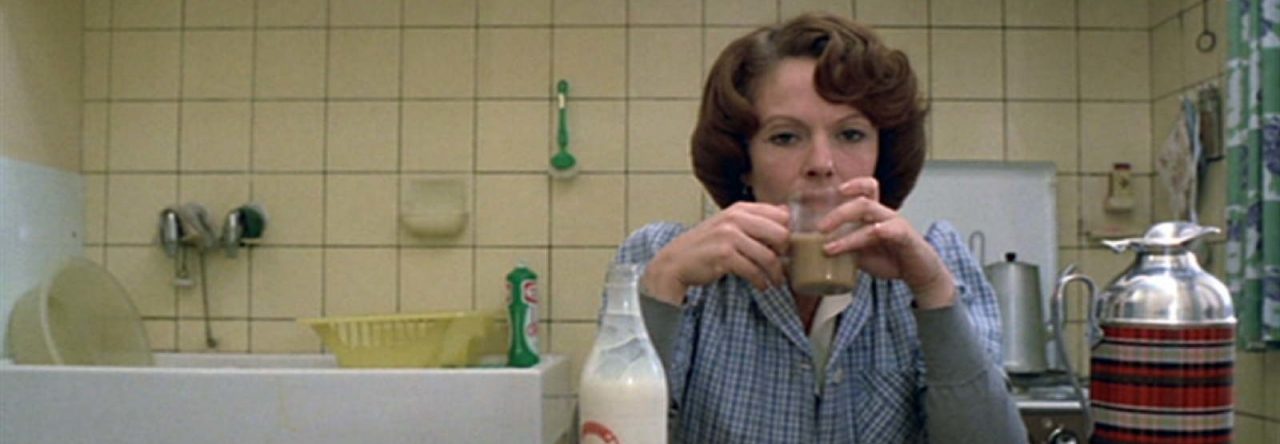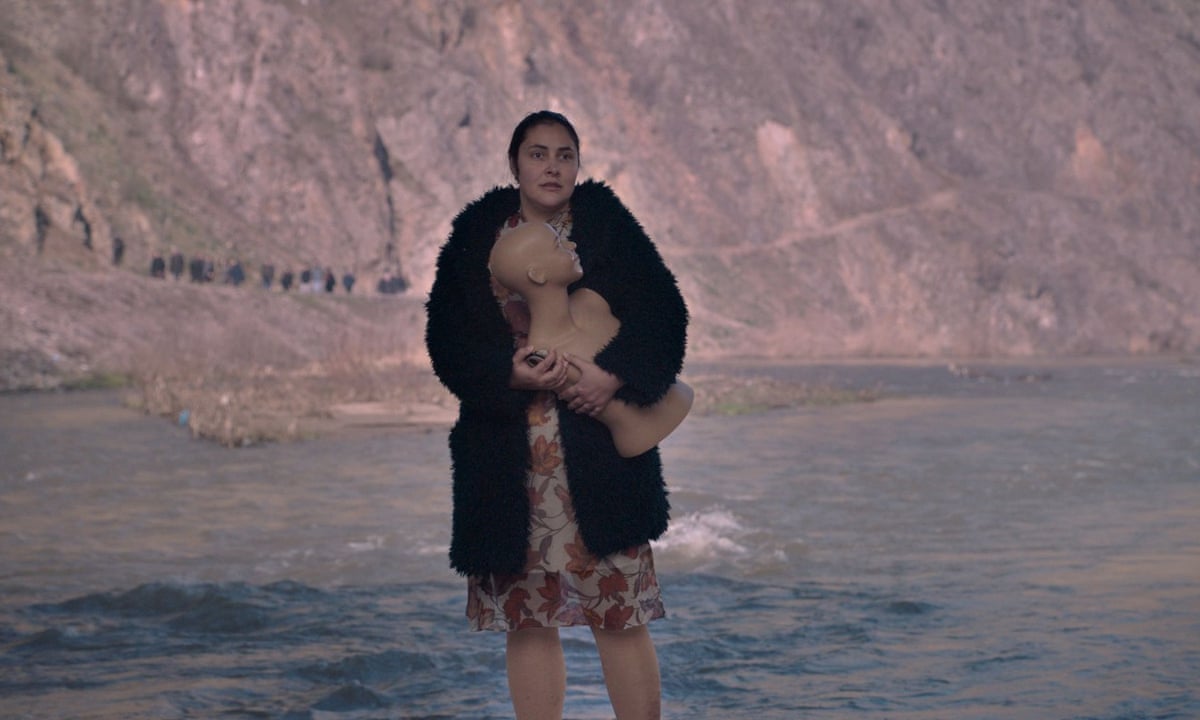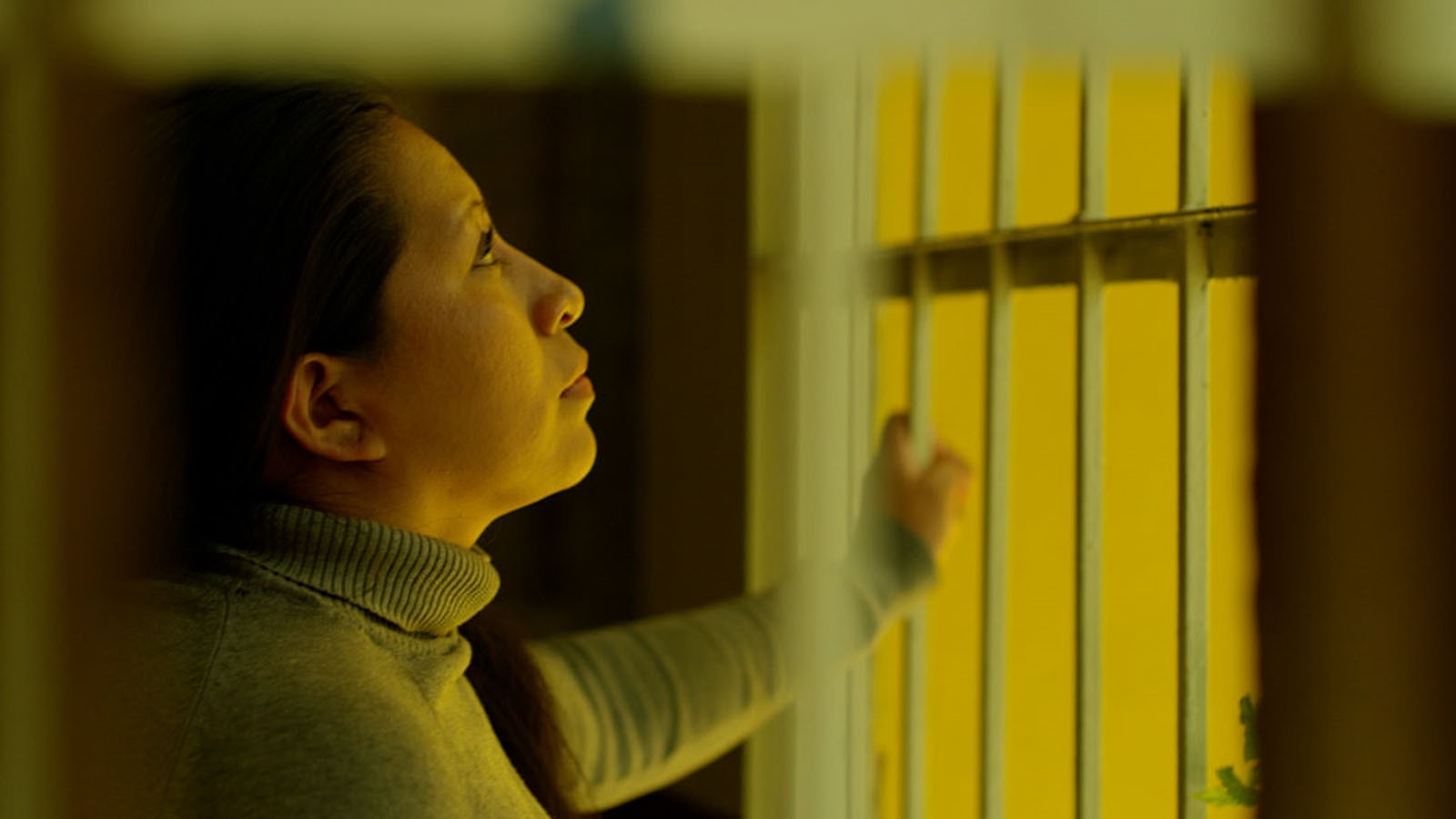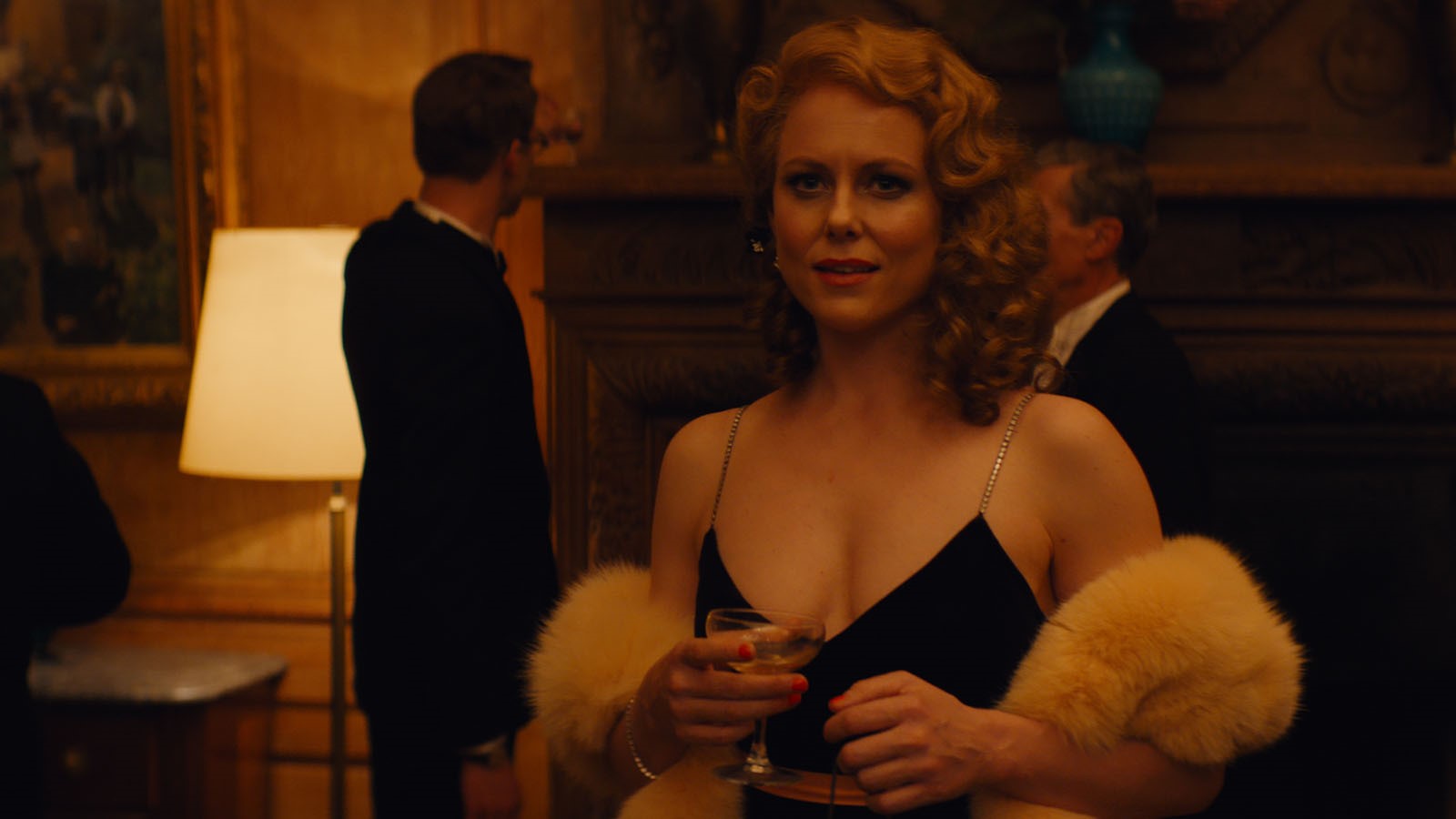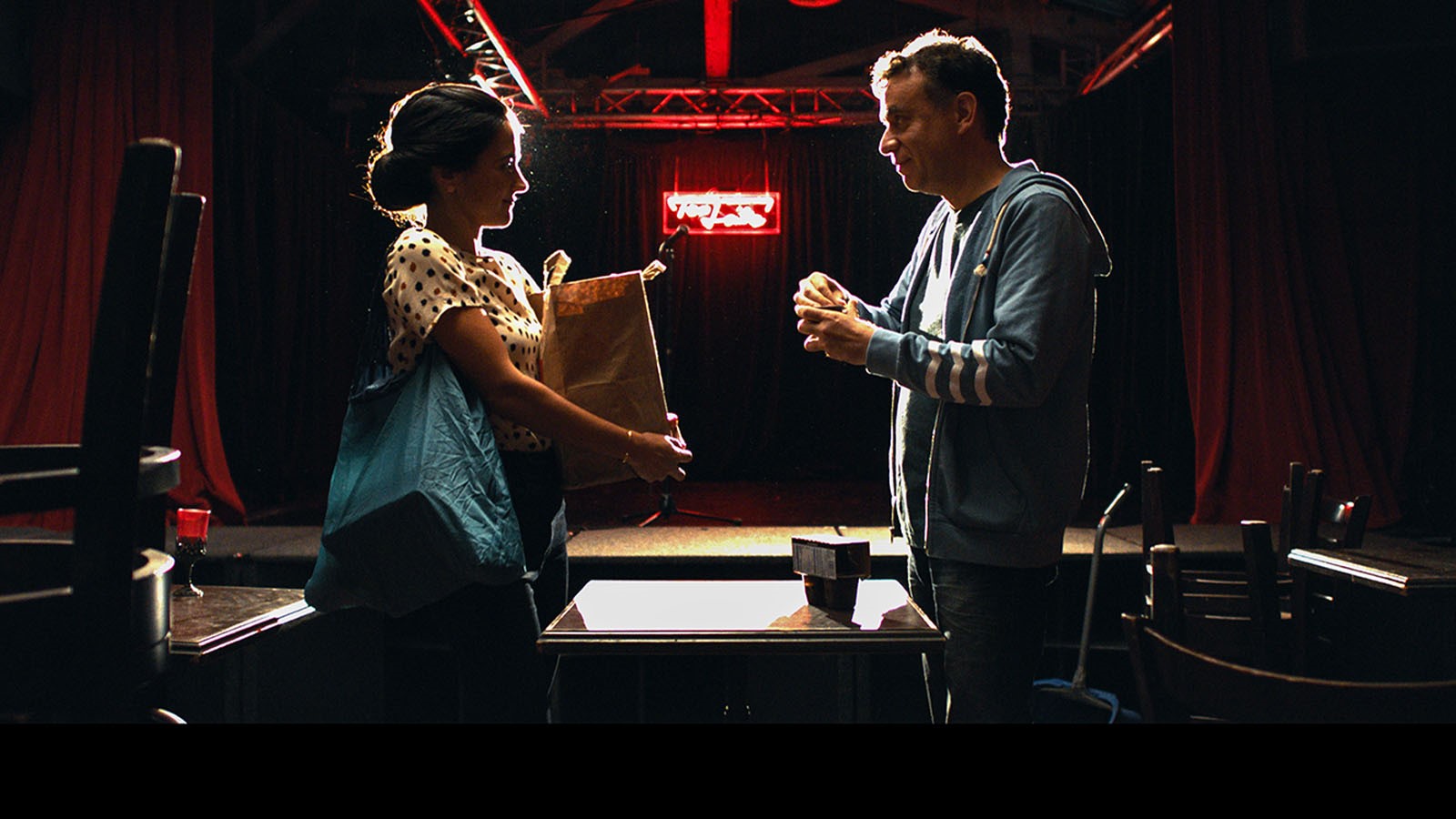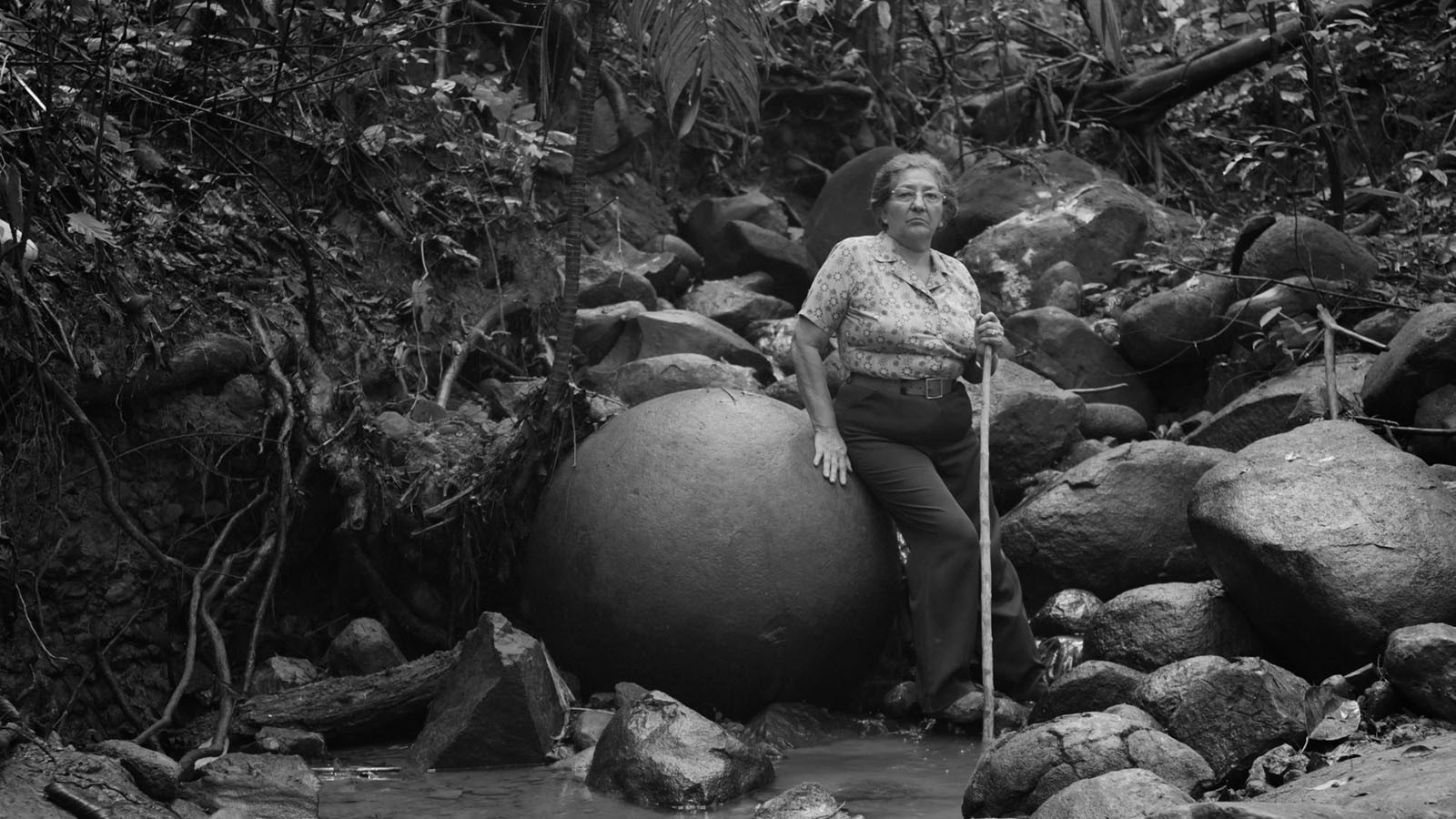![Son of Monarchs: A Biologist Looks For Tranquillity In His Work [Review]](https://theplaylist.net/wp-content/uploads/2021/01/SonsofMonarchs.jpg)
In Son of Monarchs, Mexican director Alexis Gambis heavily utilizes the butterfly imagery from its lead character’s childhood and profession for its metamorphosis symbolism. While the thematic imagery may be on the nose, the accompanying film is filled with the appropriate complexity and nuance to play off the obvious imagery.
Mendel (Tenoch Huerta) is a Mexican man living in New York where he is working on mapping the genome of the monarch butterfly. This passion of his came from his childhood living in the butterfly forests of Michoacán. Son of Monarchs focuses on Mendel as he travels back and forth between his two homes and attempts to process trauma from his childhood while coming into his own. Every piece of information he discovers from altering the genes of his butterflies, corresponds to a new repressed moment from his childhood making itself aware.
Son of Monarchs greatest strength is how it blends the surface level metaphors with haunting imagery and complex themes. The butterfly is one of the most recognizable symbols for a period of change or transition. While such heavy reliance on obvious symbolism could lead to a movie feeling like something straight out of film school, Gambis avoids this pitfall in two ways. First is to give butterflies a narrative purpose in the story beyond that of pure symbolism. Mendel’s home is known for the presence of monarch butterflies that turn the forest orange, so his memories of and adult interest in them gives the symbol more credence. The other technique implemented in film is to use the symbol for a more complex situation than a surface level transition. Mendel’s transition is not from childhood to adulthood as would be the simple metaphor, but instead is a transition from repression to acceptance. The juxtaposition between simplistic symbolism and complex themes creates an accessible intelligent whole.
Son of Monarchs tells a complex story rich with beautiful imagery and mature themes. The imagery of the butterflies both in the wild and under a microscope create a haunting dichotomy, and perfectly fit into the film’s themes and message.
